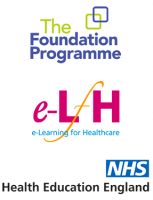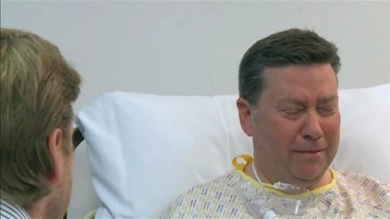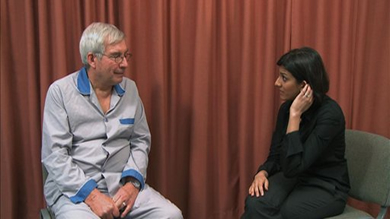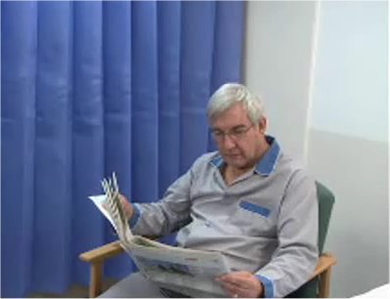Breaking Bad News course for Dental Practice



This session explores basic principles in breaking bad news and examines how these can be employed given the reality and constraints of the working life of a foundation doctor.
Curriculum
Section: 2 Communication, Team-working and Leadership
- Professional Capability: 6 Communication, team-working and leadership
Learning Objectives
By the end of this session you will be able to:
- Identify the reasons why breaking bad news is so difficult for doctors
- List the basic principles of good practice
- Describe a framework within which to structure the telling of bad news
- List the skills that enable bad news to be imparted sensitively
- Describe how to maximise your effectiveness and look after yourself
As doctors, almost all of us will break bad news regularly as part of our everyday working life, yet most of us never become comfortable in this stressful situation.

Before commencing this session you should:
- Be familiar with and have basic competence in the core communication skills of the medical interview as taught in undergraduate medicine, especially relationship building and explanation and planning
Jonathan Silverman has recently retired as Associate Clinical Dean at the School of Clinical Medicine, University of Cambridge and was a general practitioner for over 30 years. He has been actively involved in teaching communication skills since 1988 and in 1993, undertook a sabbatical with Professor Suzanne Kurtz, teaching and researching communication skills at the Faculty of Medicine, University of Calgary.
In 1999 he became Director of Communication Studies for the undergraduate curriculum in Cambridge, which now involves over 700 half day small group sessions per year. He is best known as one of the authors of the Calgary-Cambridge Guides to the Medical Interview, which provide a framework for describing the medical interview and incorporate a comprehensive set of skills referenced to the current evidence.
He has conducted communication skills teaching seminars throughout the UK, in Europe and N. America. In 2005, he founded the UK Council for Communication Skills Teaching in Undergraduate Medical Education for all 33 UK medical school, is past chair of the teaching committee and now President-elect of the European Association of Communication in Healthcare.

- Oral Health | Clinical and Risk Asessment | What s...
- Posted By eIntegrity Healthcare e-Learning
- Posted Date: 2025-03-04
- Location:Online
- This session examines the essential details that should be recorded in a patient's clinical notes for common dental procedures. Good practice guidelines surrounding the retention of patient records are also discussed together with the importance of confi
- Oral Health | Clinical and Risk Asessment | What i...
- Posted By eIntegrity Healthcare e-Learning
- Posted Date: 2025-03-04
- Location:Online
- This session outlines the background to the development of health promotion, and the key principles and strategies underpinning health and oral health promotion.
- Oral Health | Clinical and Risk Asessment | What a...
- Posted By eIntegrity Healthcare e-Learning
- Posted Date: 2025-03-04
- Location:Online
- The clinical record is not restricted to what is written in the clinical notes. This session looks at what also constitutes clinical records and how these can be kept safely for the required period of time. The benefits and drawbacks of computerised syste
- Oral Health | Clinical and Risk Asessment | What a...
- Posted By eIntegrity Healthcare e-Learning
- Posted Date: 2025-03-04
- Location:Online
- This session outlines the basic skills required to deliver effective diagnoses. It will form an introduction to the further learning delivered within this programme that will complement these skills.
- Oral Health | Clinical and Risk Asessment | Use of...
- Posted By eIntegrity Healthcare e-Learning
- Posted Date: 2025-03-04
- Location:Online
- This session describes current thinking on effective delivery of fluoride to the mouth, why fluoride toothpastes have been so successful in reducing caries, enamel solubility and how fluoride can both help to prevent it and reverse the early stages of dis






